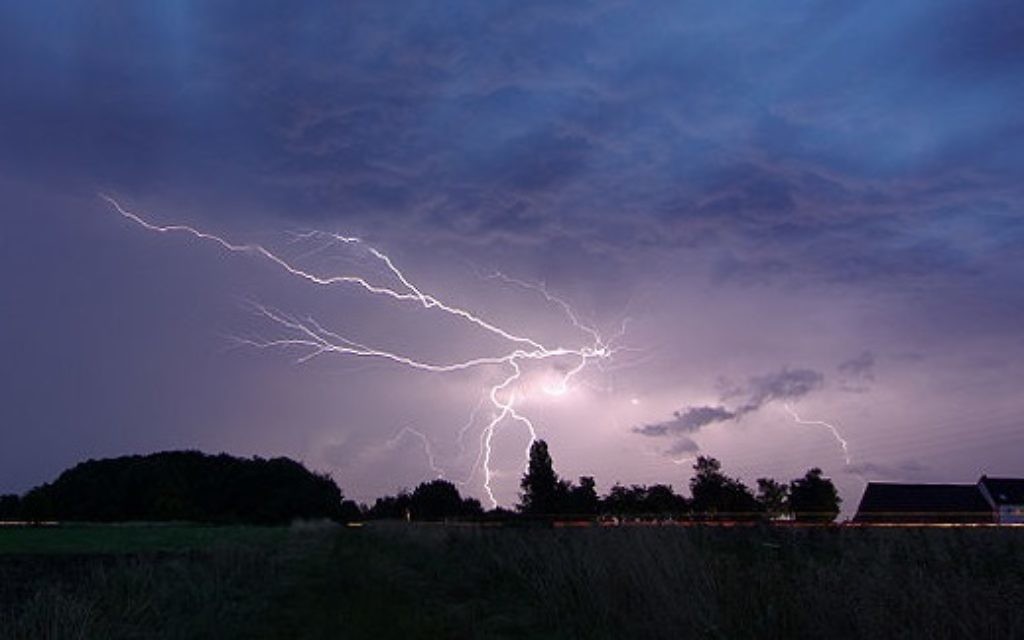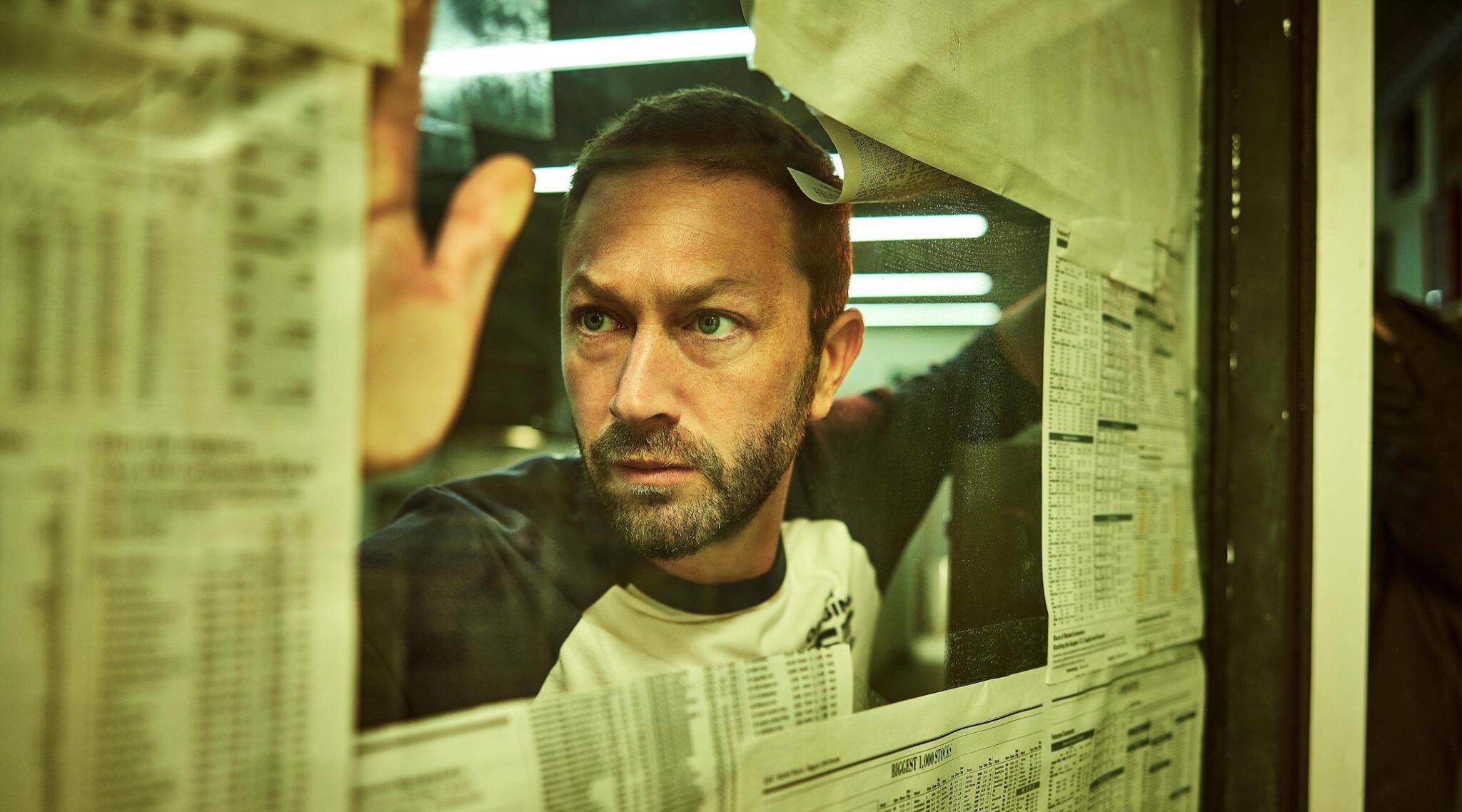Is a phrase born of prejudice truly suitable for prime-time television, or does its use perpetuate harmful stereotypes? The recent inclusion of the term "Jewish lightning" in the popular series "The Bear" has ignited a fierce debate, forcing us to confront the uncomfortable history and enduring impact of this derogatory expression.
The term "Jewish lightning" serves as a chilling euphemism, a coded reference to arson committed with the intent of collecting insurance money. Its roots are deeply embedded in antisemitism, a reflection of age-old stereotypes that cast Jewish people as avaricious and unscrupulous. The phrase gained traction, particularly during periods of economic hardship, as a way to cast aspersions on Jewish business owners, painting them as willing to resort to crime for financial gain. This trope is not merely historical; it continues to resonate, albeit in hushed tones, in contemporary conversations about prejudice and hate speech.
The show, "The Bear," masterfully crafted, delves into the frenetic world of the restaurant business, exploring themes of family, ambition, and the challenges of running a high-pressure establishment. Within this setting, the use of "Jewish lightning" appears, prompting a dialogue about the language used by the characters, the impact of their words, and the insidious nature of stereotypes.
In the narrative, the term is uttered in a scene of high tension, where the characters grapple with the devastating financial woes of their restaurant. This is not merely a plot device; it is a reflection of the reality that this phrase, and similar slurs, still surface in certain contexts. The shows writers have sought to use this controversial phrase as a means of probing uncomfortable truths about how people speak, how communities view each other, and how prejudice lingers in the vernacular.
The American Jewish Committee (AJC) unequivocally condemns the term, highlighting its origins in antisemitic tropes. The organization maintains that the expression, Jewish lightning, is a slur rooted in the stereotype of Jews as stingy business owners who would resort to illegal activity to gain financial advantage. In their online dictionary, the AJC defines "Jewish lightning" as an offensive term. They clarify its meaning as a fire intentionally set to collect insurance money and emphasize that this offensive term arises from the harmful stereotype of Jews engaging in such practices. Further demonstrating the insidious nature of the term and its relation to historical discrimination, "Jewish lightning," along with similar phrases like "Jew down," is rooted in stereotypes about Jewish people and their purported traits, such as greed.
The usage of the phrase, whether in fiction, journalism, or casual conversation, warrants careful consideration. It may appear in contexts where a mysterious fire is suspected of being intentionally set, but its use should always be viewed in the light of its origins. It does not matter if the intent is to be humorous, describe a suspicious fire, or accuse someone of arson; the phrase carries the weight of history with it. It reminds us of the stereotypes used to belittle an entire group of people, which is why it remains so controversial.
The show is not alone in its inclusion of this contentious terminology. There is evidence of the term's usage in other series as well. In 2001, the HBO series "Six Feet Under" made reference to the phrase. This recurrence indicates a need to examine how such language seeps into our culture and the possible impact of normalization.
The context in which "Jewish lightning" appears often involves moments of high stress. The practice of intentionally setting fire to one's home or business, hoping to claim insurance money, is far from uncommon, and the phrase attempts to link this practice to a specific group. The reality is that such acts are illegal and subject to prosecution under the law, although they are frequently difficult to prove.
The controversial scene in "The Bear" is part of a storyline that explores the characters' use of language in the restaurant. One of the sous chefs, Sydney, played by Ayo Edebiri, voices the sentiment of many viewers, acknowledging the problematic nature of the phrase and suggesting it be added to a list of terms not to be used in the establishment. This underscores the importance of self-awareness within the context of the show's setting.
The inclusion of "Jewish lightning" in "The Bear" raises significant questions about how we portray controversial language, especially when dealing with sensitive topics. The use of such language, even within a work of fiction, can be seen as either a way to explore the darker aspects of human nature and prejudice or as a way to normalize harmful stereotypes.
Ultimately, whether the inclusion is justified or not is a question of perspective. The shows intent appears to be to highlight the phrase, and to use it as a means of exploring prejudice. However, the risk remains that it will be reinterpreted, misused, or simply seen as an acceptable term. The creators of The Bear have opened a debate about language and stereotypes. This debate shows how complex and controversial it is to portray such sensitive matters on screen.
The term "Jewish lightning," a phrase loaded with historical weight, can be understood as an expression of bigotry stemming from the belief that Jewish individuals are driven by greed, and therefore would commit arson for insurance money. This viewpoint aligns with age-old antisemitic stereotypes, adding to the harm it inflicts.
Another notable instance of the use of the term appears in a scene involving Fak, who figures out that Mikey had disabled the fire suppression system with the intention of burning down the restaurant for insurance money. Fak's reaction, which involves yelling about "Jewish lightning," further illustrates how these harmful stereotypes can come to the surface, particularly during times of financial pressure or in the aftermath of a suspected arson.
The practice of intentionally setting fire to one's own business or home with the hopes of obtaining insurance money is a serious offense. It is often done when a home or business is not generating income or cannot be sold, and an individual is desperate to retrieve the equity from the property. Prosecuting such acts, while often classified as a felony, is difficult, as it requires proof that the arson was intentional.
In the context of financial distress, the term "Jewish lightning" surfaces as a shortcut to name a complex subject. In this scenario, it is not only the act of arson that is being labeled, but also the group to whom it is linked. These connections make the term a direct embodiment of prejudice, reflecting and reinforcing stereotypes.
The show's approach is to highlight the harmful effect of this term, and in doing so, the series encourages the audience to examine the origins of language and the impact it has on our understanding of the world. The inclusion of the phrase is a deliberate act, which is intended to trigger conversation and provide a more profound insight into societal attitudes and the ways stereotypes function, rather than acting as an endorsement.


